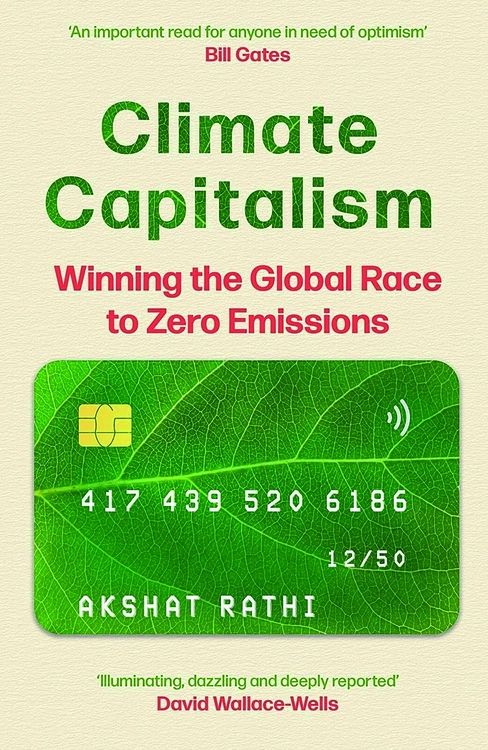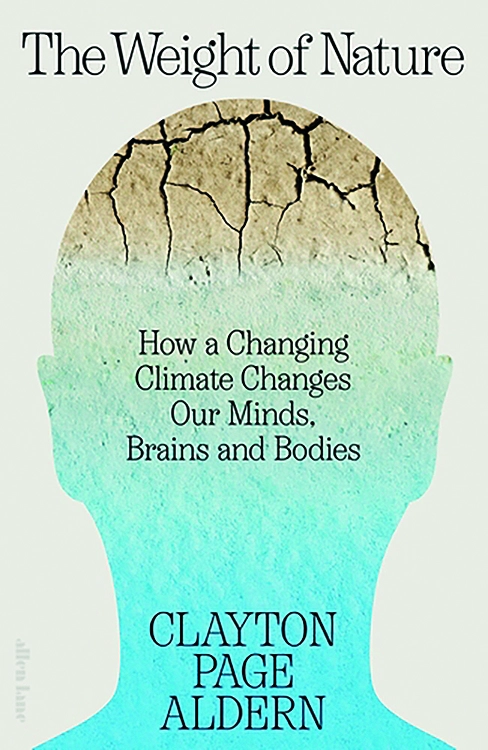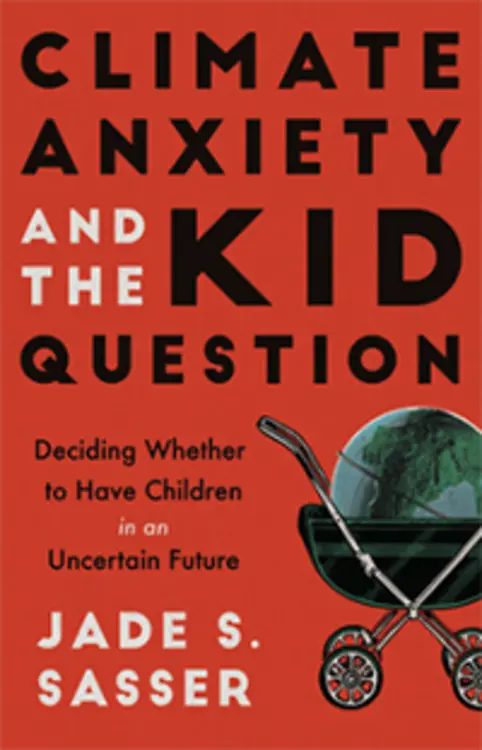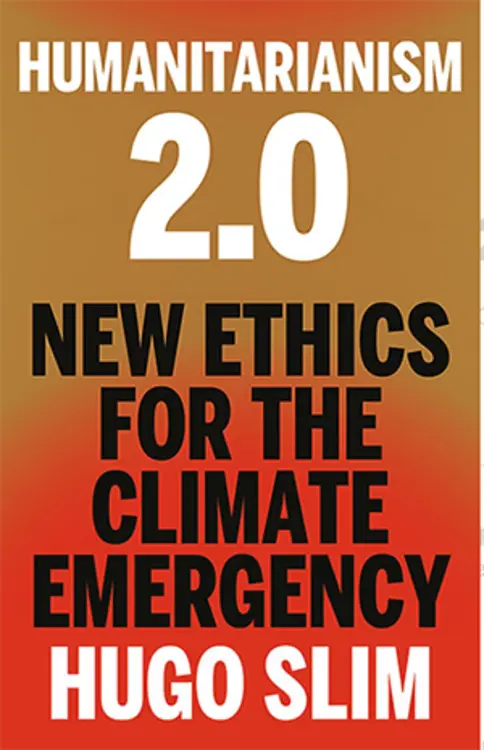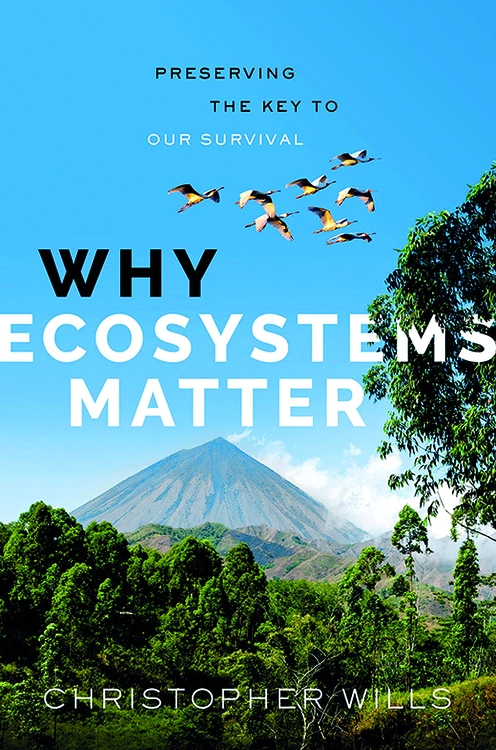From the pitfalls of climate models to the myriad of ways that climate change can affect our health, discover Geographical’s top picks
By
In a world where climate challenges are increasingly taking centre stage, it’s easy to feel overwhelmed by the sheer volume of information available at our fingertips.
Here, we’ve curated our top climate reads to help you wade through the noise. Whether you’re a climate activist or a casual reader, these recommendations are sure to cover the most important topics about our planet.
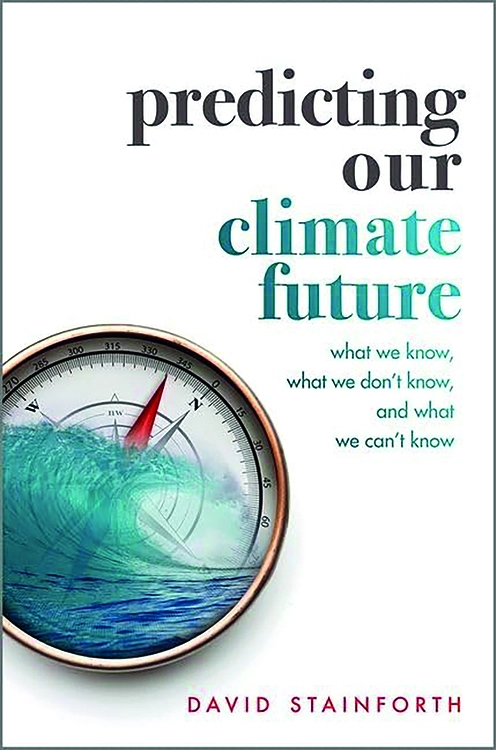
1. Predicting our Climate Future by David Stainforth
Buy here on Amazon
In Predicting Our Climate Future, the intricacies of climate modelling are examined. David Stainforth explores the shortcomings of these models and emphasises how difficult it is to make precise predictions about future climate change.
The intricacies of our climate system and the significance of lessening its consequences can be better understood by being aware of the uncertainties and constraints of climate prediction modelling.
2. Climate Capitalism by Akshat Rathi
Buy here on Amazon
In the struggle against climate change, Climate Capitalism makes the case that capitalism can be a positive force, one for change. From China’s electric vehicle boom to the UK’s climate regulations, Akshat Rathi examines the tales of people and governments reducing carbon emissions.
Rathi, whilst noting the inevitable challenges, highlights the potential of green technology and governmental initiatives to create a sustainable future. Rathi offers a convincing vision for a low-carbon future by emphasising the financial advantages of taking action on climate change.
3. The Weight of Nature by Clayton Page Aldern
Buy here on Amazon
The Weight of Nature explores the alarming ways in which climate change is affecting our health and well-being. Neuroscientist turned journalist Clayton Aldern reveals how environmental factors, such as heat and pollution, can impact our mental health, cognitive abilities, and even our physical health.
Through case studies and introspection, Aldern illustrates how nature has a significant impact on our bodies and thoughts. Although he acknowledges the difficulties, he gives hope that we may be able to lessen the effects of climate change and cultivate a more positive relationship with nature in the future.
4. Climate Anxiety and The Kid Question by Jade S. Sasser
Buy here on Amazon
Climate Anxiety and the Kid Question explores the intricate connection between climate change and choices related to reproduction. Jade Sasser examines the ways in which young people, especially those from underrepresented backgrounds, are navigating the moral considerations of having children in a world confronted with serious environmental issues.
Sasser emphasizes the necessity for enhanced representation in tackling climate change and its effects on future generations by analyzing the unequal effects of climate change on these communities.
5. Humanitarianism 2.0 by Hugo Slim
Buy here on Amazon
Humanitarianism 2.0 establishes a moral framework to tackle the climate crisis. Hugo Slim advocates for a more expansive interpretation of humanitarianism that includes the welfare of both individuals and the environment.
By highlighting concepts such as caution, susceptibility, and strength, Slim advocates for a forward-thinking strategy for addressing climate change through both mitigation and adaptation. The book recognizes the ethical aspects of climate change, especially the difficulties in attributing responsibility and the necessity of combining environmental sustainability with human advancement.
6. Why Ecosystems Matter by Christopher Wills
Buy here on Amazon
The complex relationships found in ecosystems and their significance for human life are examined in Why Ecosystems Matter. Christopher Wills draws attention to these ecosystems’ resilience and quick evolution while highlighting the dangers they confront, such as climate change.
Wills emphasises the need for greater comprehension and protection of these essential systems by sharing personal experiences and the most recent research.
Now you’ve explored our top climate books, why not check out our other recommended books?
This post was originally published on here


